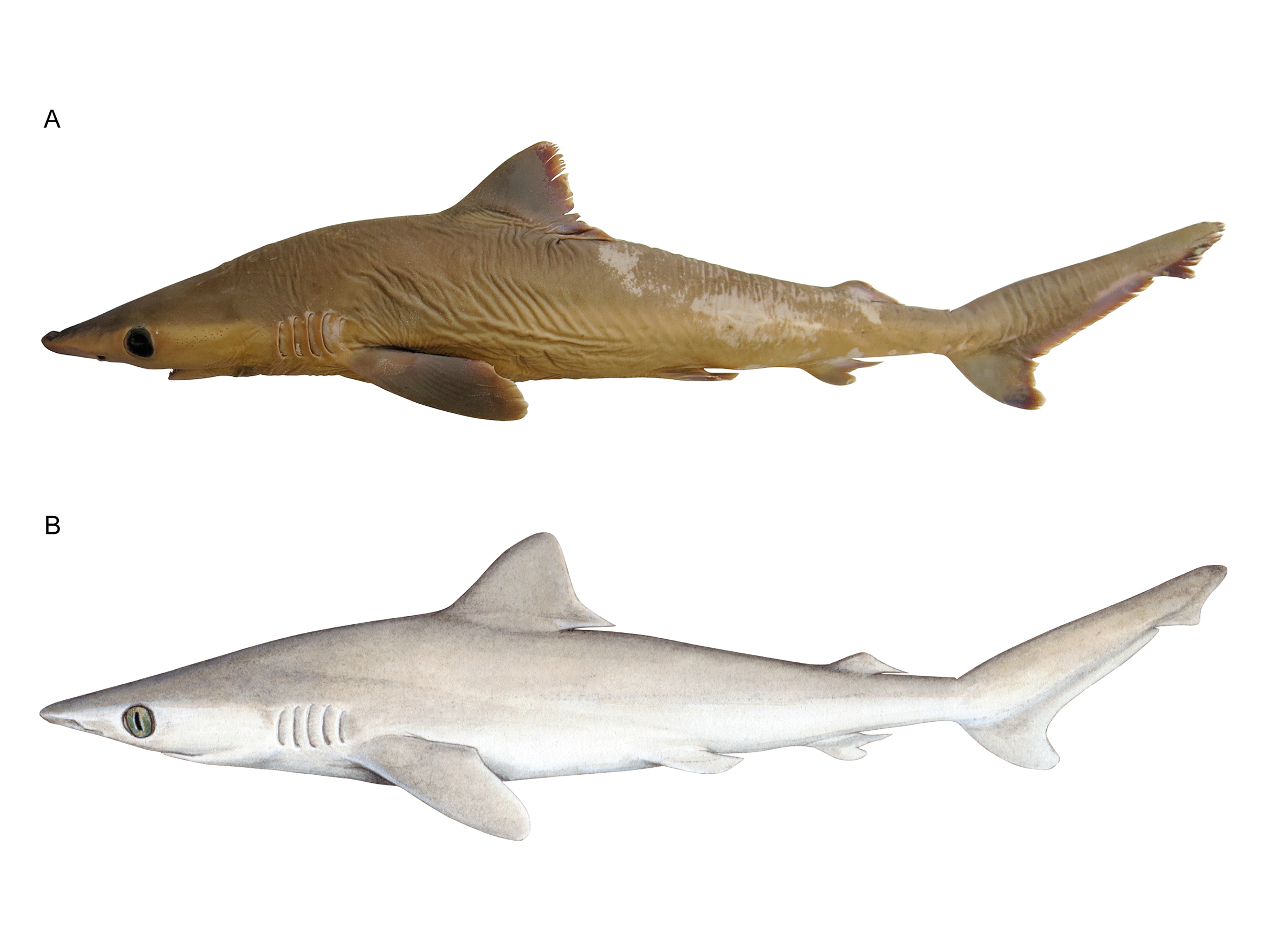New ‘lost’ shark species may already be extinct due to overfishing
Newly identified species based on preserved specimens has not been seen since the 1930s

Your support helps us to tell the story
From reproductive rights to climate change to Big Tech, The Independent is on the ground when the story is developing. Whether it's investigating the financials of Elon Musk's pro-Trump PAC or producing our latest documentary, 'The A Word', which shines a light on the American women fighting for reproductive rights, we know how important it is to parse out the facts from the messaging.
At such a critical moment in US history, we need reporters on the ground. Your donation allows us to keep sending journalists to speak to both sides of the story.
The Independent is trusted by Americans across the entire political spectrum. And unlike many other quality news outlets, we choose not to lock Americans out of our reporting and analysis with paywalls. We believe quality journalism should be available to everyone, paid for by those who can afford it.
Your support makes all the difference.A new species of shark has been identified based on a handful of preserved specimens, but scientists think the creature may already have become extinct.
Known as the “lost shark”, the identity of the fish was based on three individuals, one of which was an embryo, caught in the 1930s and preserved in ethanol.
Long thought to belong to another species entirely, a new analysis of the remains revealed distinct tooth and facial features that set the new species apart from the closely related Borneo shark.
The shark’s habitat appears to be the coastal waters of the western Pacific, as the specimens were caught in Borneo, Thailand and Vietnam.
However, the scientists concluded that considering the complete absence of any further records of this fish’s existence, it may have already been driven to extinction.
The team, led by fish expert Dr Will White from the Commonwealth Scientific and Industrial Research Organisation, gave their find the scientific name Carcharhinus obsolerus – meaning “extinct”.
“The historic range of C. obsolerus is under intense fishing pressure and this species has not been recorded anywhere in over 80 years,” they wrote in a PLOS ONE paper documenting their discovery.
“There is an urgent need to assess its extinction risk status for the IUCN Red List of Threatened Species.
“With so few known records, there is a possibility that C. obsolerus has been lost from the marine environment before any understanding could be gained of its full historic distribution, biology, ecosystem role, and importance in local fisheries.”
The lost shark belongs to a group known as whaler sharks, which are one of the most economically important groups for the various shark fisheries that exist around the world.
Surveys of fish markets that have been conducted over the past few decades have never thrown up a fish like the lost shark, suggesting it may indeed be gone forever.
However, the scientists said there is still some hope for the species. The Borneo shark was previously believed to be extinct as scientists had seen no sign of it since 1937, but a specimen turned up again in 2004.
Due to the enormous and largely unregulated fisheries that exist in this part of the world, the team emphasised the importance of exploring the diversity of sharks found there.
Nearly 100 new species of sharks, and their relatives the rays and chimaeras, have been discovered since 2012, and experts estimate only around 5 per cent of deep sea species are known to science.
Keeping tabs on these elusive fish could not only throw up new species of sharks, but also help researchers develop sustainable fishing programmes to prevent them being driven to extinction.
Join our commenting forum
Join thought-provoking conversations, follow other Independent readers and see their replies
0Comments